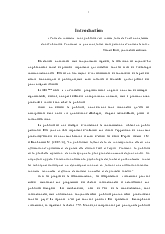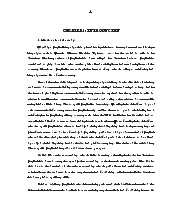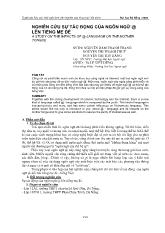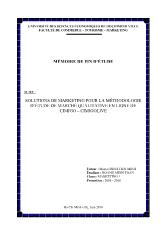A CRITICAL DISCOURSE ANALYSIS OF MARTIN LUTHER KING’S SPEECH: ‘BEYOND VIETNAM – A TIME TO BREAK SILENCE’
- Người chia sẻ : vtlong
- Số trang : 79 trang
- Lượt xem : 13
- Lượt tải : 500
Các file đính kèm theo tài liệu này
 luan%20van%20-%20bo%20sung-in.doc
luan%20van%20-%20bo%20sung-in.doc
- Tất cả luận văn được sưu tầm từ nhiều nguồn, chúng tôi không chịu trách nhiệm bản quyền nếu bạn sử dụng vào mục đích thương mại
Bạn đang xem trước 20 trang tài liệu A CRITICAL DISCOURSE ANALYSIS OF MARTIN LUTHER KING’S SPEECH: ‘BEYOND VIETNAM – A TIME TO BREAK SILENCE’, để xem tài liệu hoàn chỉnh bạn click vào nút DOWNLOAD LUẬN VĂN ở trên
There has been much written in recent years about Critical Discourse Analysis (CDA for short). It appears to be quite difficult to define CDA in simple terms. However, CDA is my choice for the MA thesis because first and foremost, CDA regards language as a social practice – language is a part of society, language is a social process, and language is a socially conditioned process. These implications have been discussed in details by Norman Fairclough (1989).
Then, it can be inferred from above implications that doing discourse analysis involves in not merely analyzing texts, processes of production and interpretation, but also analyzing the relationship between texts, processes, and their social conditions – or in other terms, the relationship between texts, interactions, and contexts. And CDA is critical in the sense that it shows connections and causes which are hidden – such as the connection between language, power and ideology, the problems of inequality and racism – through discourse analysis. More clearly stated, CDA is critical when it explicitly addresses social problems and seeks to solve social problems through the analysis and accompanying social and political action. The intention of the analysts in this view of ‘critical’ is explicitly oriented toward locating social problems and analyzing how discourse operates to construct and historically constructed by such issues. They must work from the analysis of texts to the social and political context in which the texts emerge. CDA thus can be said a very practical form of discourse analysis. It seeks not only to describe language but also to offer critical resources to those wishing to resist various forms of power.
For those mentioned reasons, a speech by Martin Luther King “Beyond Vietnam – A Time to Break Silence” is to be analyzed from the CAD viewpoint together with the hope that this study may vice versa help illustrate and clarify CDA concepts. Despite being delivered in 1967, this speech was especially mentioned by many Americans when the U.S. government decided to attack Iraq in 2003. It is the ideological and topical features of this speech that “Beyond Vietnam – A Time to Break Silence” by Martin Luther King has been chosen. During the course of analyzing the speech, the way power and ideology embedded in texts and coded in language use will be gradually manifested. Although I am a supporter of Martin Luther King, I will try to be objective towards political issues in the speech – a crucial demand in CDA – as a base for critical reading of any text and developing scientific and objective standpoint towards any discourse where power relations may exist.




